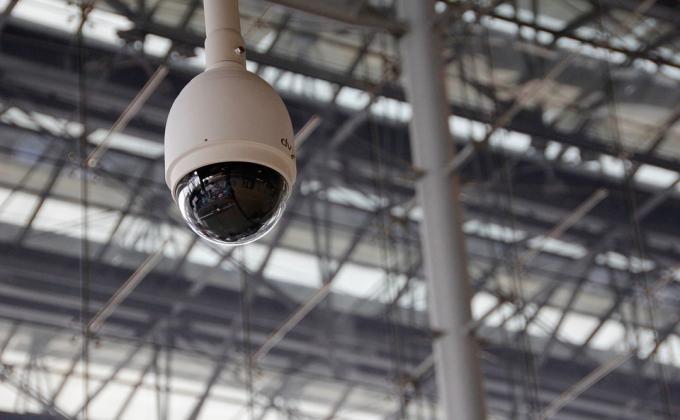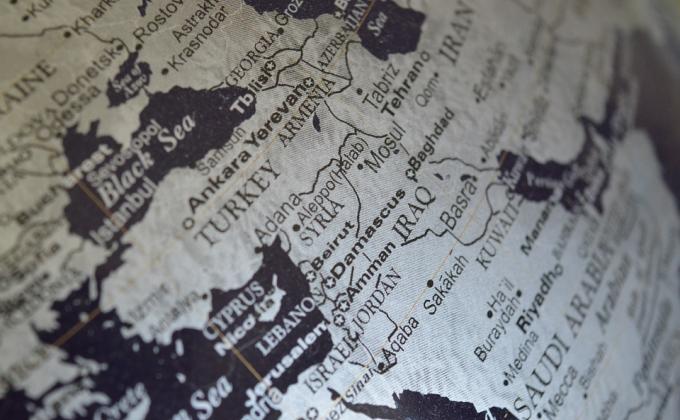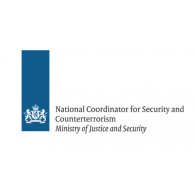The Dutch National Coordinator for Security and Counter-Terrorism (NCTV) commissioned ICCT to conduct a number of threat assessments from 2018 - 2021.
In 2018, NCTV commissioned ICCT to (1) conduct European threat assessments; and (2) research the role and function of fusion centres. This research addressed and accounted for: threat levels, an inventory of attacks; an overview of prevented attacks; numbers of arrests and convictions; numbers of released convicted terrorists; and numbers of foreign fighters and how many have returned. The second research component explored and assessed the understudied function of fusion centres. ICCT provided a literature review based on the input of country-experts and country-based academics. This research work compared and contrasted the perspectives and practices of differing fusion centres in Europe.
In 2019, in preparation for the October 2019 CTTA Madrid Group in Bucharest, NCTV commissioned ICCT to produce another Terrorism Threat Assessment. This used open source data to present an assessment of terrorism in Madrid Group Member Countries. The timeframe of the database was to cover 2018 - 2019.
In 2021, with funding from the NCTV and the Dutch Ministry of Foreign Affairs, ICCT conducted a follow-up Terrorism Threat Assessment. This covered the two year period between September 2019 - August 2021, and again covered the Madrid Group Member Countries. As such, this determined whether the terrorist threat had changed in: Australia, Austria, Belgium, Bulgaria, Canada, Croatia, Cyprus, Denmark, Estonia, Finland, France, Germany, Greece, Hungary, Italy, Japan, Luxembourg, Malta, the Netherlands, New Zealand, Norway, Poland, Portugal, Romania, Slovakia, Slovenia, Spain, Sweden, Switzerland, the UK and the US.
Highlights
About the project
Renske van der Veer presented a “Baseline European Threat Assessment” at the kick-off of the Madrid Group meeting on 2 October, 2018, pinpointing issues and threat that are expected to come at us in the foreseeable future. ICCT then facilitated a discussion about the role of quantitative research and the exchange of data in threat assessment. Subsequently, on October 3, ICCT organised and facilitated a joint session between the members of the EENeT and the Madrid Group, on the role of European fusion centres. Finally, Renske van der Veer took part in a panel on evaluation of the Dutch local approach during the EENeT conference. The ICCT efforts during the two conferences accumulated into a report. This was published under the title "Fusion Centres in Six European Countries: Emergence, Roles and Challenges” on February 4th, 2019.
In December 2019, the baseline Terrorism Threat Assessment by Liesbeth van der Heide and Reinier Bergema was published. This used open source data to present an assessment of terrorism in 32 countries across four categories. These were: (1) Terrorist Attacks, (2) (Returning) Foreign Terrorist Fighters (RFTF), (3) Prison & Prosecution, and (4) Terrorism Threat Assessments. In turn, the authors of this paper painted an image of national terrorist threat levels across the West.
In February 2022, ICCT followed-up this with "Terrorist Threat Assessment 2019 - 2021" by Teun van Dongen, Matthew Wentworth and Hanna Rigault Arkhis. Using the same geographical scope, this answered questions of: what attacks had occurred? Are foreign terrorist fighters coming back at all, and if so, how and why? Where did arrests on charges related to terrorism occur, and what was the ideology of these perpetrators? Has the terrorist threat changed in the perception of the governments of the countries of the threat assessment?













